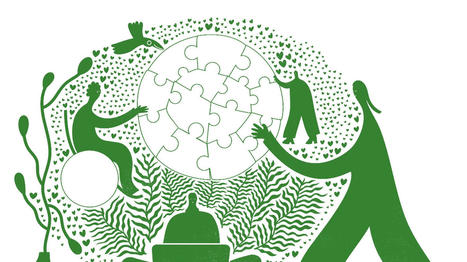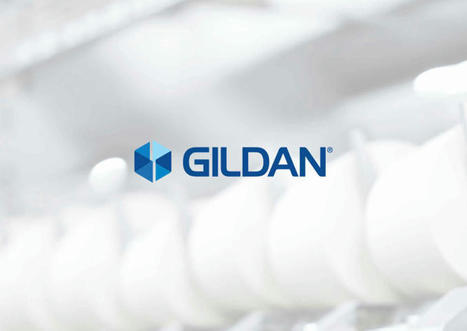Gen Z population wants brands to prove their sustainability claims, while global regulators now require transparency across all supply chain practice
It’s no secret that supply chain delays and issues have been in the news over the last few months. Supply chains are complicated, and many recent complexities have arisen from a lack of visibility in a highly complex process that involves many stages and stakeholders.
Brands across the globe have already come to realize that increasing visibility into their supply chains reduces said complexities, in addition to offering major business benefits. Namely, a visible supply chain appeals to a host of new customers in Generation Z (Gen Z) that are putting their wallet where their passions are and investing in brands that represent change.
Via EcoVadis



 Your new post is loading...
Your new post is loading...











